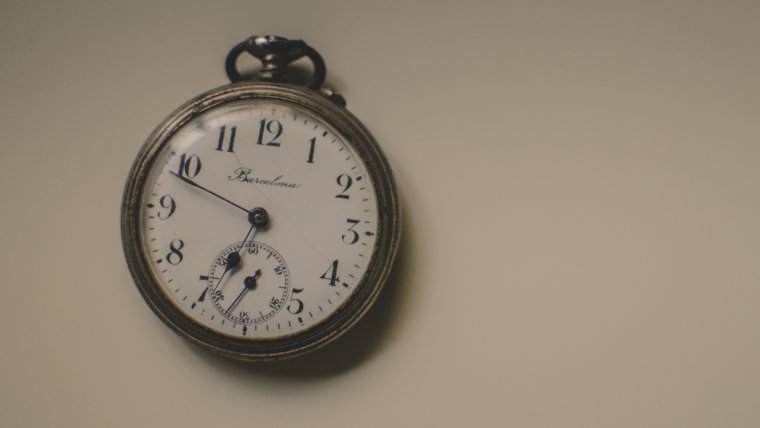
I started photography just six years ago. At that time I already had a professional career as a Biologist. I moved from Barcelona to France and then to Israel for work reasons. Now I just moved back to Barcelona because I found a new job in a private laboratory. I work there 40 hours/week. Besides that, I need to take care of some things for my family while still trying to do yoga and sport to keep healthy. I also cook my meals, I need to go to the supermarket…. Well, let’s say that I am quite busy in my daily life, and I guess that if you are reading this article, this sounds familiar to you.

Photography is one of my passions. For that reason, although I don’t have a lot of free time, I still want to develop myself as a photographer. The biggest challenge is to combine my everyday life with my more artistic side. Along the years I have developed some strategies that help me to organize myself better and keep learning photography even during busy times.
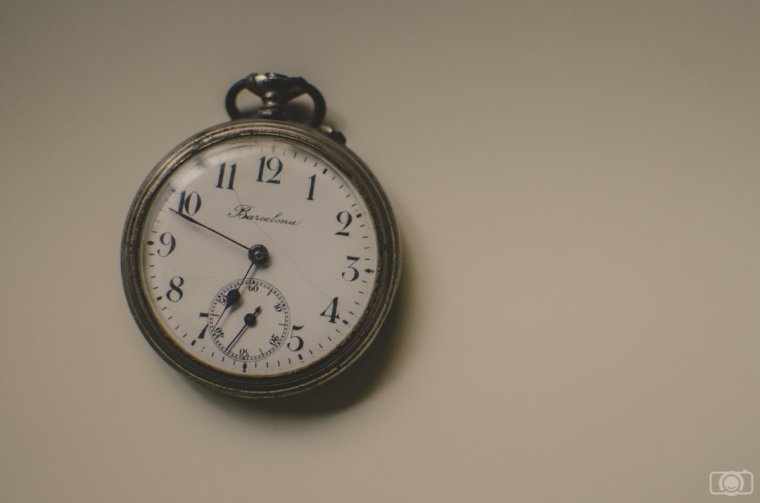
Table of Contents
Maybe you are lucky and you live a 5 minutes walking distance from your workplace. But if you need to invest time every day going and coming back from work, I have good news for you: your photography might benefit from these traveling times. Taking photos on your way to work might not be convenient or at all possible, but you can still use this time by learning the theory or feeding your creativity with some resources.
If you are using public transportation, you can invest this time in reading photography or art related books. An electronic format might help you to travel lighter (this is extremely important when you are already carrying your meals and some other things you might need throughout your day). If you don’t want to carry a book with you, using the phone is an excellent alternative. You can use a RSS reader application to make lists of interesting photography articles that you can later read on your way to work. I am using one now that I like a lot and it is called “Feedly”. Another thing you can do for taking advantage of your trips to work is searching; for new photography resources or courses, doing some networking with other photographers…
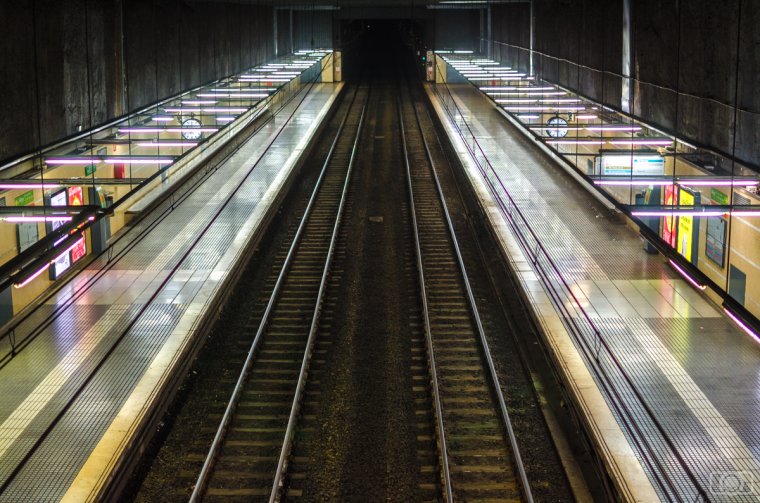
If you drive or walk to work, you can listen to photography broadcasts. You might also listen to some TED talks about photography or creativity. You just need to plan ahead which information you would like to listen to. Sometimes you can even download the broadcasts/talks.
I don’t know about you, but when I decide to learn about a new subject, I get excited and I want to learn everything about it right now! But if you are a busy person, this way of thinking can lead you to frustration: since you are busy, you never have what you think is the right amount of free time for learning the subject properly. You wait until you have enough time to learn a particular photography subject. After some time you get mad with yourself because you didn’t manage to learn anything because you just can’t get a whole afternoon off two times a week… If this happens to you, it is time to change your learning strategy! Divide the subject you want to learn into small lessons that will require less time to finish or just decide on an amount of time you can invest each day on the subject.
For example, you might decide to read 3 pages of a book each time you have a chance, or read one photography article each time, or invest 15 minutes after dinner each day in learning something. It might not seem a lot at first, but if you are consistent, you will notice improvement in your learning curve along time. If you do this, I recommend you take notes or write a summary of what you learned. That way, when you have the time, it will be that much easier to catch up on what you read already but might have forgotten a little.
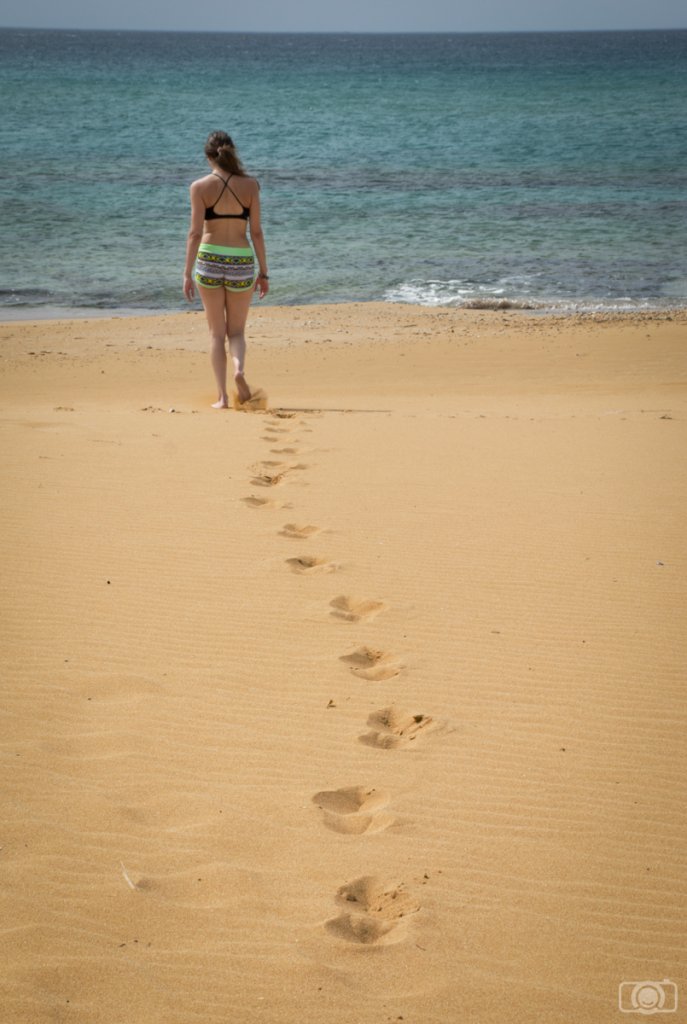
I wish I could always take photos with my DSLR camera, lenses, and tripod. However, because of my everyday obligations, it is quite difficult for me to carry my gear everywhere I go. I used to think that if I don’t have my DSRL camera, then I can’t practice photography. Nowadays I know this is not true. We don’t leave the house without our phones. And all of them have a camera. Depending on your phone, you might not have the best camera, but it is still a camera! For example, I have a simple camera on my phone. I can’t set it’s aperture or shutter speed and when there is not a lot of light, the photos can turn out quite noisy. But I can still take photos with it to practice my composition or storytelling skills. I’d rather practice photography with my phone than not at all. When I have the chance to take my DSLR and gear with me, I practice all the other things that my phone doesn’t allow me to do.
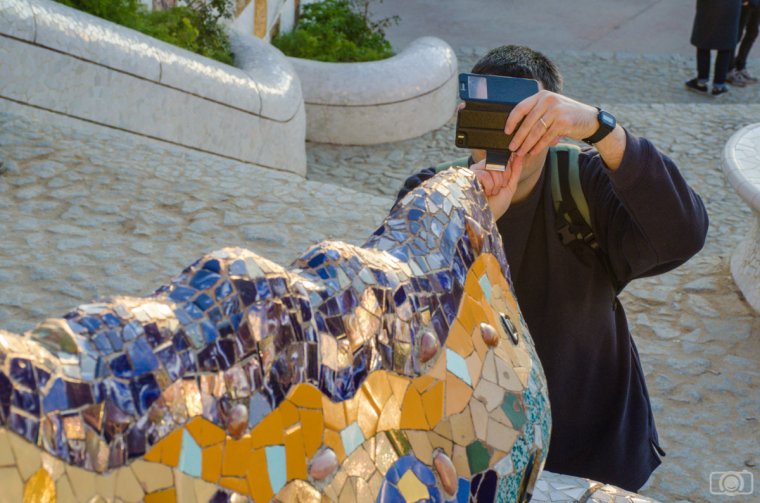
Join a photo challenge
You can decide to take upon yourself a challenge and take one photo every day/week/month. One photo a week might seem an achievable goal even if you are busy. But to be honest, I find it quite difficult if I am doing it alone. One alternative is to join a photo challenge. It is usually easier to accomplish things every week if others are doing it too, because you feel encouraged. You can find several online. If you are a busy person, I recommend you to have a look at 52frames. Each week there is a subject and you need to submit one photo. I recommend this challenge because the community is really welcoming and the policy is about enjoying your photography and improving by being consistent. You don’t need to submit a masterpiece each time, but you need to submit something. And by doing so, you assure a bit of creativity in your life every week!
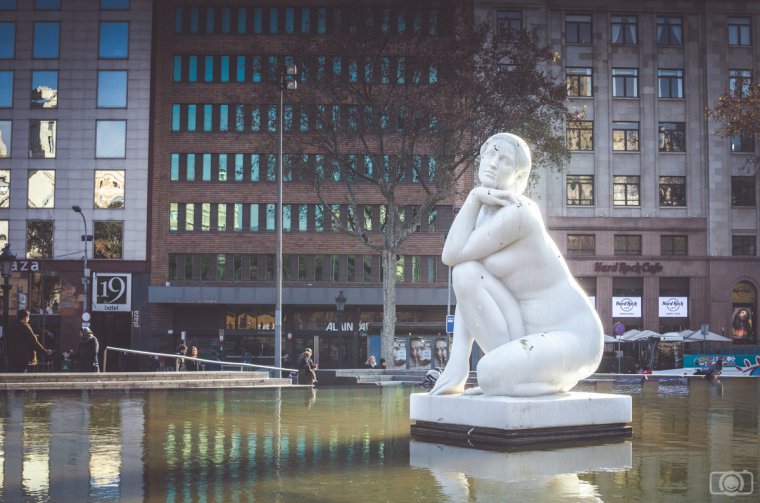
There is a tendency in our society to do a lot of things and do them fast and now. This trend is somehow making us less patient with ourselves. As we love photography, we might have the feeling that we need to take great photos NOW. However, there is a learning process. And this process takes time. If you are a busy person, you have to understand that you can invest just a bit of time on photography every day/week and in consequence, it will take you longer to improve your craft, but if you are consistent, I assure you that you will improve. Whatever you do, don’t turn photography into something stressful. If you are extremely tired one day, you might consider skipping your practice and rest. The same goes for times when you have an unexpected event that changes your entire schedule and miss your photography plan of the day. These things happen and it is OK to skip your photography practice. Just make sure you come back to your practice routine as soon as you can if you want to develop your photography skills. Patience and persistence will take you far on a long road.
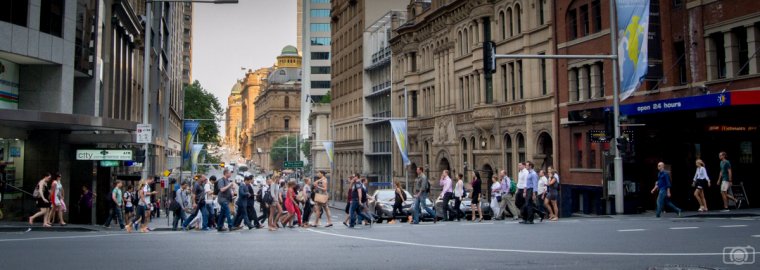
Do you have any other strategy for learning photography during busy times? I would love to hear about them and include them in my list. Have a happy photography learning!
Comments (0)
There are no comments yet.